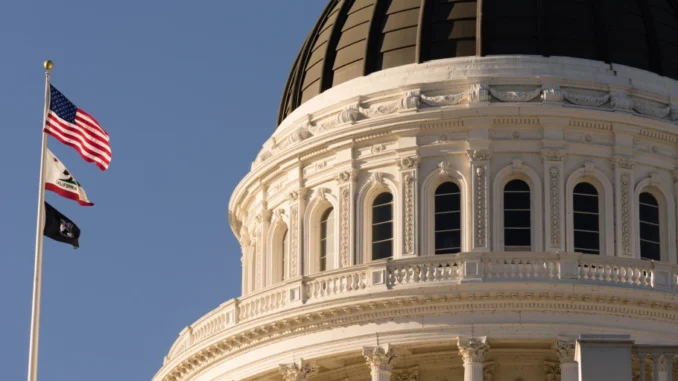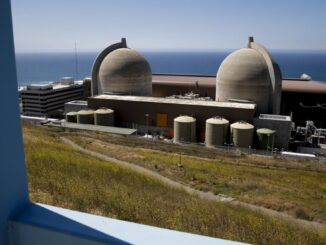
In deeply blue California, there’s never a shortage of efforts to raise taxes on the state’s wealthiest residents or corporations to support expansions of government programs.
Each year sees a new batch of tax-the-rich proposals in the Legislature or in state and local ballot measures, usually under the rubric of forcing the affluent to pay their “fare share,” even though California’s tax revenues, particularly income taxes, are already largely provided by upper-income residents.
Some proposals succeed but many do not, and even those that make it into law are often challenged in the courts.
For example, a phalanx of progressive legislators is supporting the latest effort to impose a “wealth tax.” It’s an annual exercise that so far has never advanced beyond the introductory phase, in part because Gov. Gavin Newsom, although endorsing many left-of-center proposals, is adamantly opposed, saying “A wealth tax is not part of the conversation. Wealth taxes are going nowhere in California.”
Newsom also opposed Proposition 30, a 2022 ballot measure that would have placed a 1.75% surtax on personal incomes above $2 million to support climate change resilience. Voters rejected it by an almost 3-2 margin despite support from the Democratic Party and a coalition of left-leaning groups.
Proposition 30 was an unusual measure not only because Newsom opposed it, despite his fervent support of combating climate change, but because wealthy Californians financed a campaign against it, after being passive on previous income tax hikes.
Implicitly, Newsom’s opposition to both proposals reflects, at least in part, a growing concern that raising California’s income taxes, already the highest in the nation, would encourage more of the rich to flee the state for Nevada, Texas, Florida or other states without income taxes.
Voters are virtually certain to face another tax-the-rich ballot measure next year. The proposal would add a .75% surtax on incomes over $5 million to finance pandemic detection and protection programs.
Proposition 30 wasn’t the only tax hike aimed at wealthy individuals and corporations to face suffer recent rejection. In 2020, voters narrowly defeated Proposition 15, which would have removed some property tax limits on commercial holdings.
It would have been a major revision of Proposition 13, the iconic 1978 ballot measure to both limit property taxes and make other taxes more difficult to impose. Speaking of which, the same anti-tax activists who defended Proposition 13 in 2020 will return to the ballot next year with a measure to further tighten restrictions on new taxes, including requiring voter approval of any levies imposed by the Legislature.
The measure to counter state and local tax increase drives would apply not only to future tax hikes but those already enacted since 2022. There’s been a surge of local tax measures in the wake of a 2017 state Supreme Court decisionlowering the voting requirement for local taxes imposed via initiative.
If the 2024 measure is endorsed by voters, one effect probably would be to nullify stiff taxes on sales of high-value homes and commercial property that left-leaning cities have adopted in recent years, including those enacted by voters in Los Angeles and Santa Monica last year.
The Howard Jarvis Taxpayers Association not only is a lead sponsor of next year’s tax limitation measure but is the lead plaintiff in lawsuits aimed at overturning the new property sales levies, which have been dubbed “mansion taxes,” even though they apply to commercial transfers as well.
Battles over taxing the rich, in one form or another, have become a permanent fixture of California’s political landscape.



